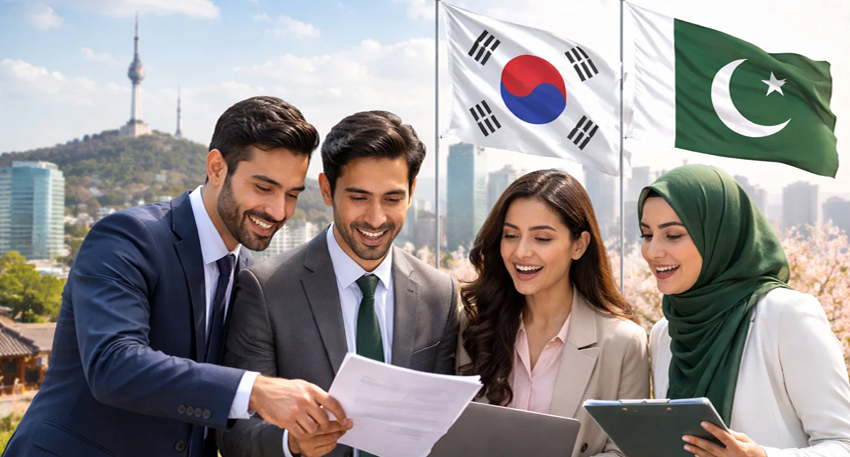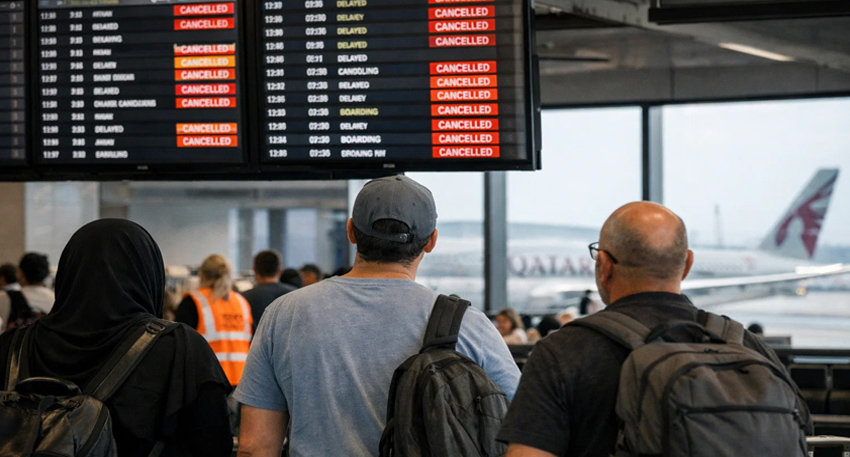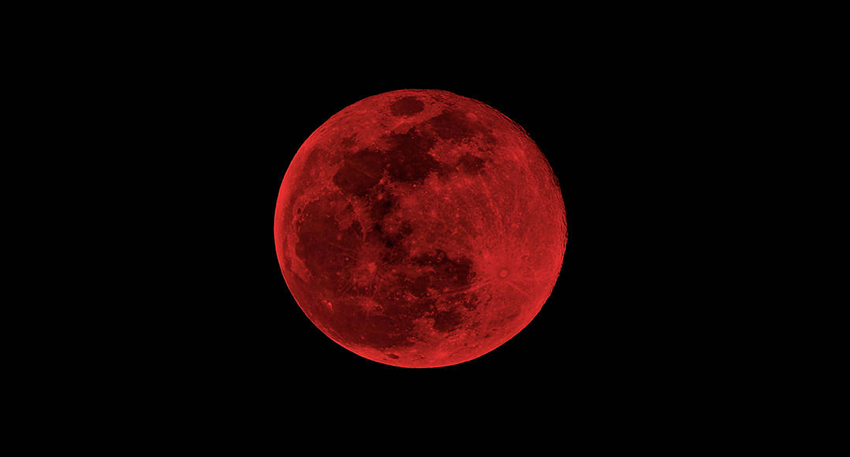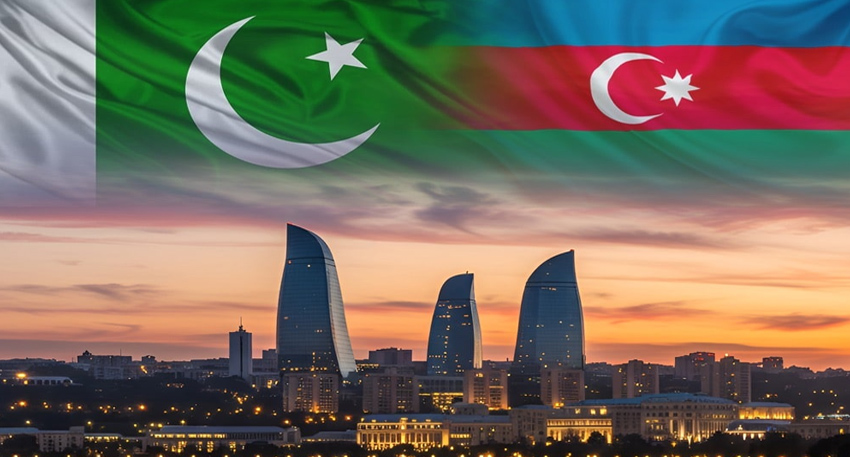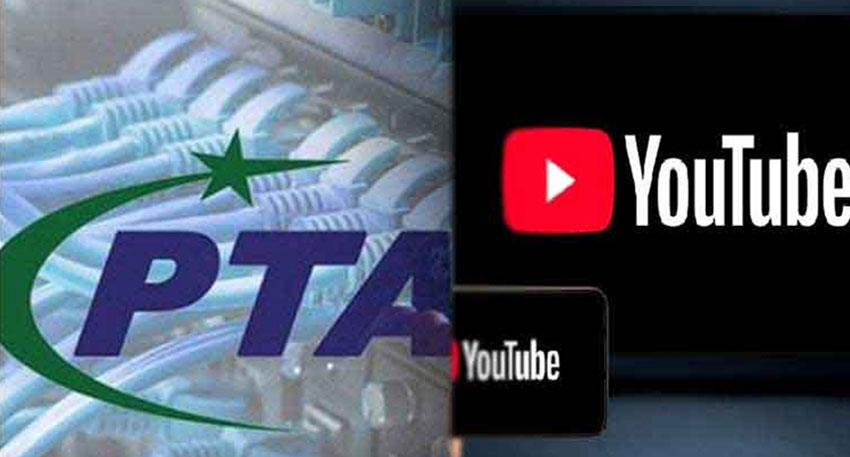
According to the press release, the authority urged the public to disregard the misleading information.
According to PTA, the old press release, which has resurfaced online, is causing unnecessary confusion about YouTube’s current accessibility in Pakistan.
“It has come to PTA’s attention that a press release from September 2012, originally issued following Supreme Court directives concerning YouTube’s suspension, is being shared again,” the statement noted.
The ban had been implemented by former Prime Minister Raja Pervez Ashraf in response to protests against the controversial film Innocence of Muslims.
PTA confirmed that the content of that release is no longer applicable.
“The material being circulated is outdated and has no relevance to the present situation,” the authority emphasized. “Currently, there are no instructions from PTA to block or restrict access to YouTube or any other social media platform.”
PTA also encouraged the public to rely on official sources for accurate information, including its website and verified social media pages.
Also Read: India blocks Instagram accounts of Mahira Khan, Sajal Aly, and other Pakistani celebrities
In a related development, India has recently taken action against more than two dozen Pakistani YouTube channels, accusing them of spreading "provocative" content in the aftermath of a recent attack in Indian Illegally Occupied Jammu and Kashmir (IIOJK).
Among those affected were prominent Pakistani news networks including Suno News. Additionally, social media accounts of several high-profile Pakistani figures—including Prime Minister Shehbaz Sharif and cricketers Shahid Afridi and Babar Azam—were also impacted.
The blocked channels in India displayed a message indicating the restriction was imposed under a government directive related to national security or public order.
